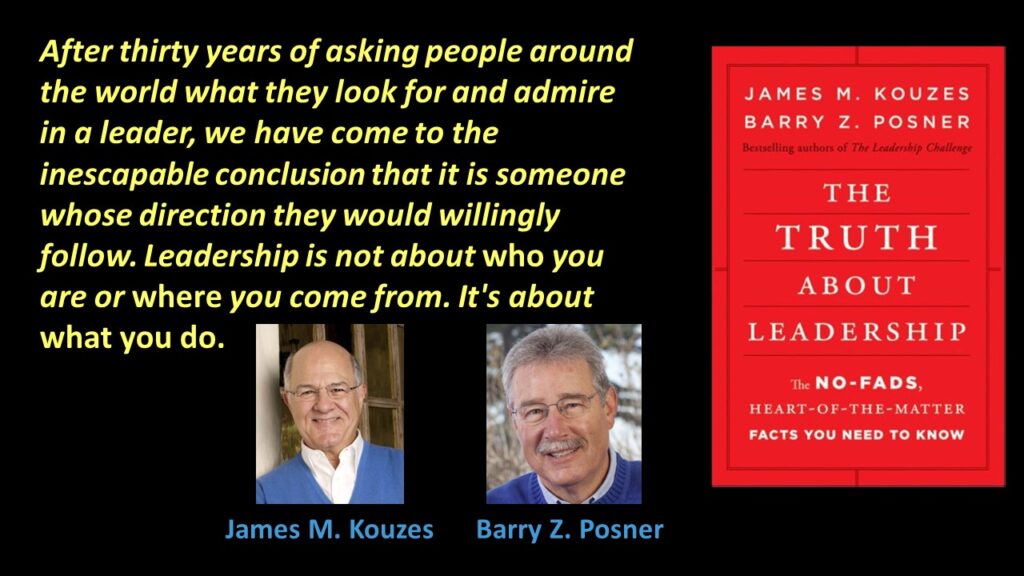
In the first chapter of Ecclesiastes, Solomon pursues intellectualism. In this second chapter, he moves to hedonism and on to materialism. Pastor Tommy Nelson argues that this is the same pattern followed by many college students. In their Freshman year, they pursue intellectualism. As Sophomores, hedonism. Then, as juniors, Materialism. Hopefully, they, too, learn that none of these pursuits will lead to “a life well lived” (the title of Nelson’s book on Ecclesiastes).
According to Hebrew scholar Walt Kaiser, the term “better” should not be in Ecclesiastes 2:24. It should read, “There is nothing for a man, or nothing in a man, to eat and drink and tell himself that his labor is good.” In other words, there is nothing that man can do that is ultimately going to make him happy.
As men and women affected by a sinful nature, we all struggle with “chasing after the wind.” Whether it’s hedonism, materialism, or intellectualism, we tend to fill the “God-shaped vacuum” in our heart with empty pursuits.
What are you chasing that ultimately won’t satisfy you?
Click here for more from Pastor Tommy Nelson on Ecclesiastes 2

